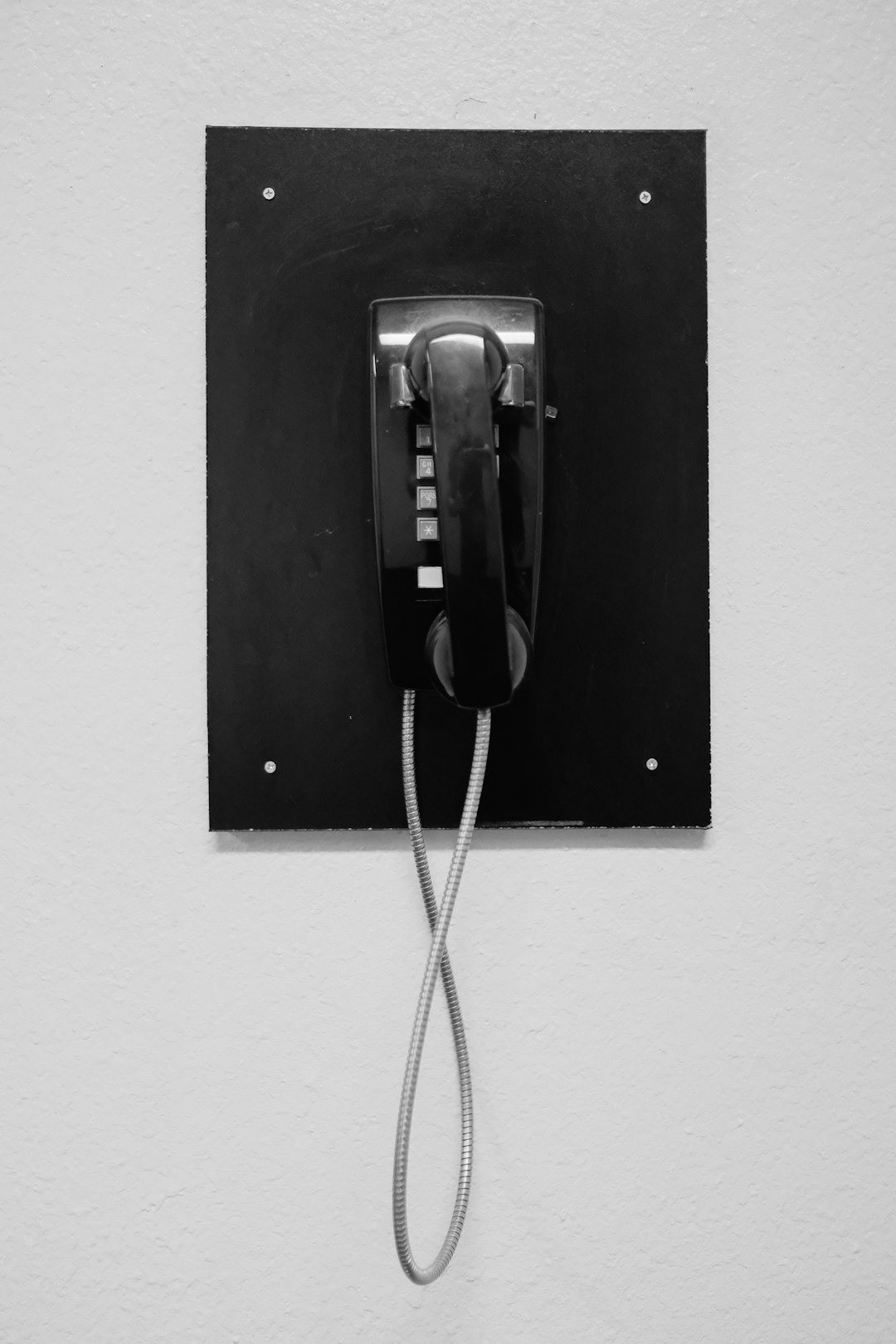Kansas' Telephone Consumer Protection Act (TCPA) strictly regulates telemarketing practices, requiring prior consumer consent. TCPA law firms in Kansas assist businesses by maintaining meticulous call logs to prove compliance and avoid lawsuits. Accurate call logging is vital for these firms to demonstrate due diligence, protect against penalties, and maintain transparency. Digital tracking systems enhance accuracy and reporting capabilities.
In the strict regulatory environment of today, particularly within Kansas’ adherence to TCPA (Telemarketing Consumer Protection Act) laws, maintaining meticulous call logs is not just advisable but imperative. This article delves into the significance of accurate call records for compliance purposes, detailing how they serve as a shield against legal repercussions for law firms operating in Kansas. By exploring effective practices for record-keeping, we equip professionals with tools to navigate the intricate TCPA landscape seamlessly.
Understanding TCPA Law in Kansas

In Kansas, the Telephone Consumer Protection Act (TCPA) sets strict guidelines for businesses and call centers regarding consumer privacy and consent. This federal law is designed to protect individuals from unwanted telemarketing calls, ensuring that companies obtain prior authorization before contacting residents. Compliance with TCPA regulations is crucial for legal protection and maintaining a professional reputation in the state of Kansas. Many TCPA law firms in Kansas specialize in assisting businesses in navigating these laws to avoid costly lawsuits and penalties.
Kansas has specific interpretations of the TCPA, with courts often considering whether a caller’s actions are likely to cause annoyance or distress. This includes the volume, frequency, and timing of calls, as well as the language used. By maintaining accurate call logs, businesses can demonstrate compliance by tracking consent, call records, and any consumer opt-out requests, thereby providing evidence of responsible telemarketing practices.
The Role of Call Logs in Compliance

In the legal landscape, especially within the realm of TCPA law firms in Kansas, maintaining accurate call logs is not merely an administrative task but a cornerstone of compliance. Call logs serve as comprehensive records of every communication with clients, potential customers, or regulatory bodies. This detailed documentation ensures that all interactions adhere to the stringent guidelines set forth by laws like the TCPA (Telemarketing Consumer Protection Act). Accurate logs provide irrefutable evidence of consent, delivery of notices, and overall compliance with privacy regulations, safeguarding law firms from potential legal repercussions.
Moreover, these logs play a pivotal role in internal audits and external investigations. They enable law firms to swiftly verify the authenticity of communications, track changes in client preferences, and demonstrate due diligence in obtaining and documenting consent. For TCPA law firms in Kansas, where non-compliance can lead to substantial penalties, meticulous call log management is a strategic necessity, fostering transparency, accountability, and robust legal defense mechanisms.
Effective Practices for Maintaining Accurate Records

Maintaining accurate call logs is paramount for law firms in Kansas navigating the intricacies of the TCPA (Telemarketing Consumer Protection Act). It’s a key component in ensuring compliance and mitigating potential liabilities. Effective practices involve meticulous documentation, including detailed records of all calls—date, time, duration, caller ID, and specific discussion points. Regularly updating these logs ensures current information and facilitates efficient audits.
Implementing digital call tracking systems can significantly enhance accuracy. These tools automatically record and store data, reducing manual effort and minimizing human error. Moreover, they offer advanced reporting capabilities, allowing firms to quickly generate compliance-related reports as needed for client presentations or regulatory checks.






